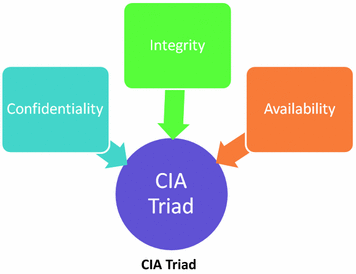
Heuristic optimization techniques such as simulated annealing, neural networks, particle swarm optimization and taboo search have been given muchĪttention by many researchers due to their ability to find anĪlmost global optimal solution for EDPs with operating When compared with conventional techniques, modern May be able to provide a global optimal solution, for they In reality, a generating unit cannot exhibit a convex fuelĬost function, as there are various practical limitations in

Programming, linear programming, nonlinear programming, Lagrangian relaxation and gradient techniques. Tion and is solved using mathematical programming methods, such as the lambda iterative method, dynamic Is approximately represented by a simple quadratic func*Ĭorresponding author. In traditional EDPs, the cost function of each generator Load demand at minimum operating cost while satisfyingĪll unit and system equality and inequality constraints. (EDP) of electric power generation is to schedule the committed generating unit outputs so as to meet the required The objective of the economic dispatch problem Highly nonlinear and computationally difficult environmen ts. The most complex problems of engineering due to their Keywords: Differential evolution algorithm Economic dispatch Generator constraints OptimizationĮlectrical power systems and their operation are among Various DE approaches outperforms other state of the artĪlgorithms reported in the literature in solving load dispatch problems with generator constraints. Variants are validated for two test systems consisting of 6 and 15 thermal units.

Generator features such as ramp rate limits and prohibited operating zones in the power system operation. This paper proposes improved DE algorithms for solving economic load dispatch problems that take into account nonlinear

It has reportedly outperformed search heuristics when tested over both benchmark and real world Differential evolution (DE) is a simple and efficient evolutionary algorithm for function optimization over continuous spaces. Evolutionary algorithms have yielded promising results for solving nonlinear, non-differentiable and multi-modal optimization problems in the power systems area. Global optimization based on evolutionary algorithms can be used as the important component for many engineering optimization Zip code 80215-901, Curitiba, Parana, Brazil Mechanical Engineering Graduate Program, Pontifical Catholic University of Parana, PUCPR/PPGEM, Imaculada Conceicao, 1155, Production and Systems Engineering Graduate Program, Pontifical Catholic University of Parana, PUCPR/PPGEPS, ImaculadaĬonceicao, 1155, Zip code 80215-901, Curitiba, Parana, Brazil Improved differential evolution algorithms for handlingĮconomic dispatch optimization with generator constraints


 0 kommentar(er)
0 kommentar(er)
